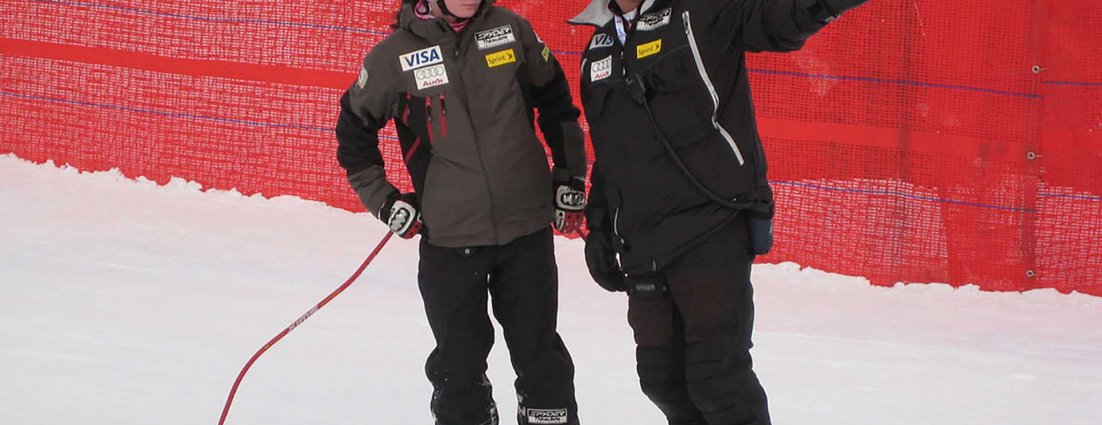The #1 Feeling Every Ski Racer Needs
02.15.2017 | Warner Nickerson

Since hanging up my race skis in 2014, I’ve taken a private coaching job. It’s fun and, of course, very different from competing. But more than anything else, it gives me an opportunity to be the coach that I didn’t have during the six years of my career as a ski racer. When you’re not on the national team, being coached by national team coaches, you fall somewhere in no-man’s-land.
So this is my chance to be the unequivocal coach that I was missing simply because of circumstances.
My No. 1 goal as a coach: helping my athletes find supreme confidence. It’s that feeling in the starting gate when you know you have the fastest skis, the best physical and mental preparation, and the best ski set-up. It’s that feeling of embracing your environment on race day, ready to unleash a controlled aggression that can only come from competition. And it’s that feeling of pure excitement and exhilaration during which you bottle up your nerves knowing you have an advantage over all of your competition.
It’s giving your athletes the confidence to know failure is completely acceptable as long as they are attacking the plan. I’ll never be angry or very disappointed with a race result if I know my athletes were bringing intensity and sticking to the plan. DNF’s are part of the game — letters are expected and sometimes welcomed.
OK, so maybe an athlete doesn’t finish in three, five, eight or even 10 races in a row. That certainly isn’t supreme confidence. But racers, coaches, and parents have to know their results will come. They have to brush off after each disappointment and keep working toward their goals. If they’re confident in the plan and bringing fury and intensity, their successful days are indubitably approaching.
Sports are not easy. And skiing is one of the hardest sports out there; it is a war of attrition. It can be downright brutal, but it’s also so rewarding. We need to understand failure at nearly every level is an integral part of the process. But it’s the coach’s gentle pushing and helping that makes each athlete’s commitment and fun grow. And it’s the desire for fun and adrenaline in a competitive atmosphere that makes great skiers.
Each athlete has to take on a number of responsibilities to understand their equipment, mounting points, ramp angle, boots cuts, training and their bodies. Ultimately, coaches will never see every run their athletes take or completely understand the different pressures, so the athletes have to take responsibility to express their views and feelings to everyone involved. It’s imperative to have each athlete be part of the conversation expressing their opinions, because at the higher levels of this sport, each athlete becomes their own best coach.
But above all, athletes must be having fun and being playful with their training. If skiing isn’t fun you’re definitely doing something wrong. Athletes who are generally having a great time are the most likely to continue pushing themselves in their sport.
And it’s this fun attitude that helps create supreme confidence. It’s not arrogance, but it’s contagious and overpowering. It’s walking into a room wherever you are with a smile. It is knowing that you are doing your best and great things will come. This confidence is what will take you to the next level in skiing and life. It’s taking calculated risk — whether it’s cutting off the line going into an undergate or studying only certain sections for an exam — knowing that you’re on the right side of the bet. This confidence doesn’t come from a few good days of training, but it begins with being comfortable in your skin and being accountable for your actions.